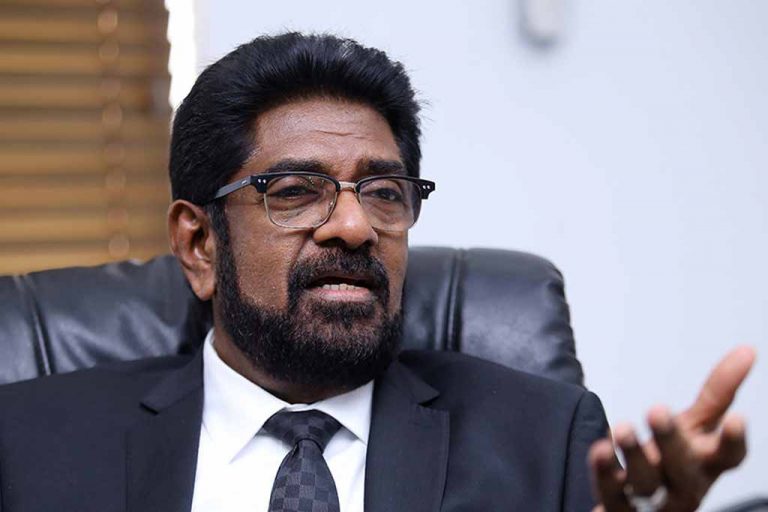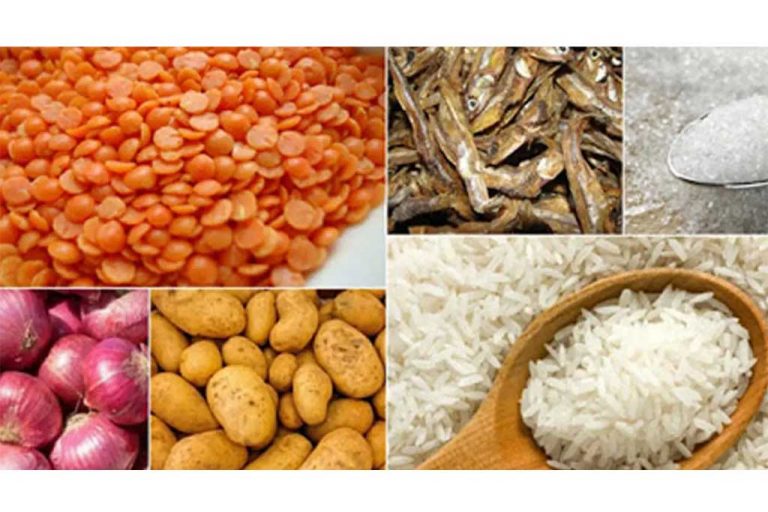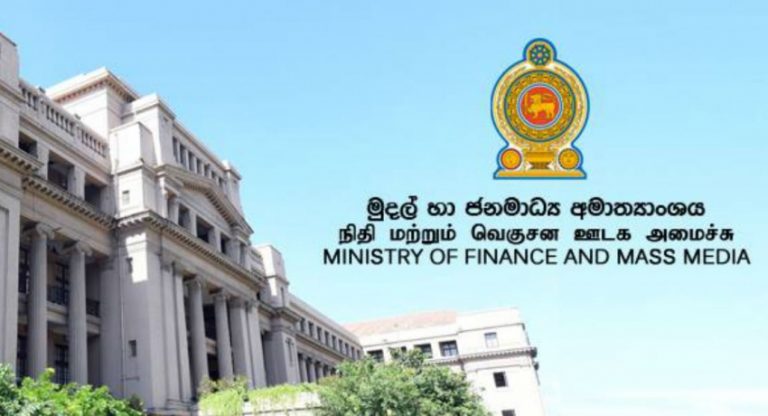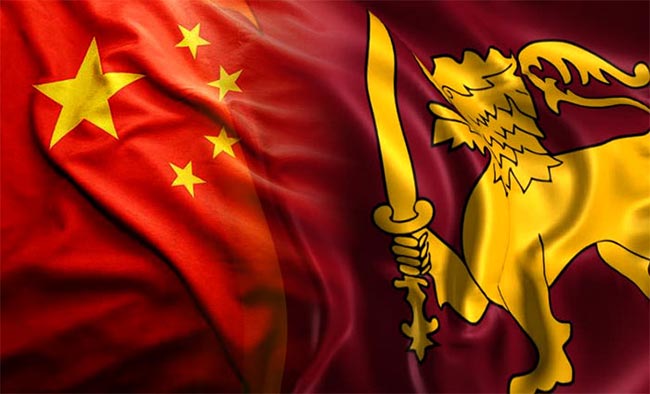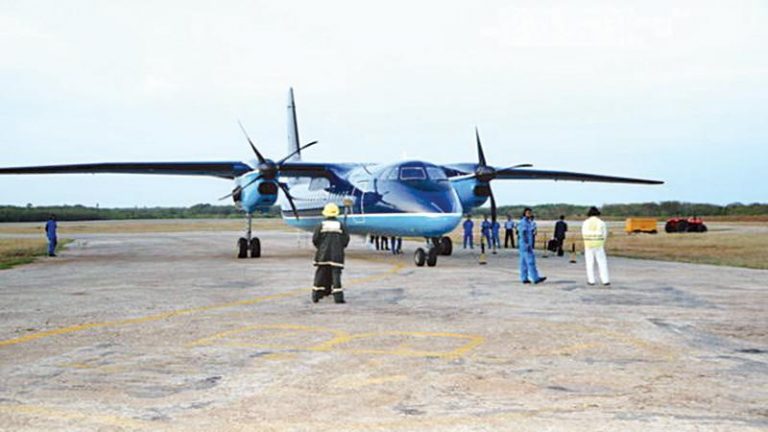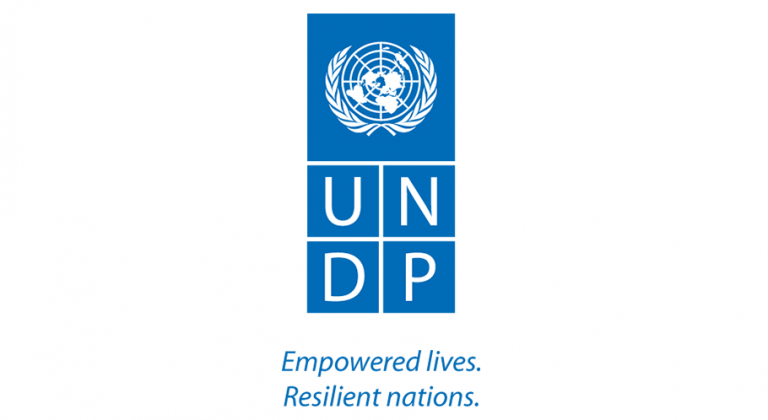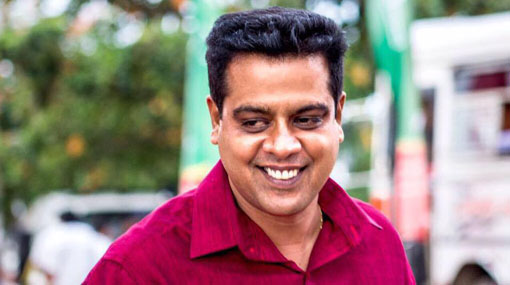Sri Lanka will soon resume flights from Jaffna to India, Prime Minister Ranil Wickremesinghe said on Tuesday as he asked tourism authorities to draw up plans to attract more Indian tourists.
Prime Minister Wickremesinghe instructed to restart operations at Jaffna’s Palaly airport to Indian destinations to facilitate travel. This was discussed during a meeting held with the industry stakeholders.
India’s state-run Airports Authority of India (AAI), which plans to build airports abroad, is yet to get the India’s Ministry of External Affairs’ (MEA) nod to develop Sri Lanka’s Palaly airport, a recent international media report highlighted.
AAI signed an agreement with the Indian ministry of external affairs for preparation of comprehensive project report for development of Palaly Airport in Sri Lanka.
India had earlier promised to develop Palaly airport which has been a demand by the northern province for some time. The airport will be Sri Lanka’s first in the north, give the northern people of Island nations a direct connectivity with places like South India, Malaysia, Singapore, and Thailand.
India has also offered to develop the Kankesanthurai airport also in the north of Sri Lanka, as well as the Mattala international airport in south Sri Lanka, to keep a hawk eye on nearby Chinese Hambantota port.
Palaly is vital for due to the fact that it is in the Tamil-dominated area of Sri Lanka which has been traditionally closer to India. By developing vital infrastructure here, India is also keeping a foothold in this part of Sri Lanka..
India in May re-emerged as Sri Lanka’s top inbound tourist market with 5,562 arrivals while over 3,723 came from the UK. However, the total number of international tourist arrivals to Sri Lanka in May plunged by almost 52 per cent, in comparison to April and 72 per cent in comparison to March.
The tourist arrivals have lessened due to the effects of the current economic and political situation in the country with main market countries issuing adverse travel advisories. Sri Lanka is currently facing its worst economic crisis since independence from Britain in 1948.
Sri Lanka Tourism Development Authority (SLTDA) expects to attract around 800,000 tourists for the rest of the year, with an estimated revenue of 800 million US dollars with Prime Minister Ranil Wickremesinghe instructing to attract Indian tourists amid a worsening economic crisis.
“The Prime Minister has instructed officials to prepare a plan to attract tourists from India for the next six months,” the Prime Minister’s office said in a statement after a meeting between Premier Wickremesinghe and SLTDA officials.
Sri Lanka witnessed the arrivals of 378,521 foreign visitors to the island nation in the first five months of this year. The Covid-19 pandemic hit 2021 saw 194,495 tourists for the full year.
The tourism industry started to boom in March this year, but the arrivals hit by economic crisis and protest-led political crisis.
Tourism accounted for 5 percent of the GDP in 2018 with 4 billion US dollar earnings, but fell in 2019 due to the impact of Easter Sunday attack and later due to the Covid-19 pandemic. It has brought 680.7 million US dollars in the first five months of this year.
Sri Lanka is targeting around 2.5 million tourists by 2025 with an expected revenue of $ 3.5 billion and the Prime Minister urged all stakeholders to formulate long-term plans to attract around 1.5 million high-level tourists.
“The Prime Minister also instructed the relevant stakeholders to engage in youth awareness programs as many employees in the hospitality sector have already left for other locations and the number of new recruits to hotel schools in the country has come down drastically,” the prime minister’s office said.
“The Prime Minister also discussed the possibilities of organizing cultural festivals which will provide a unique opportunity to create new employment opportunities and allow the tourists to immerse themselves in the local cultures.”
Meanwhile, Minister of Tourism Harin Fernando said that he had already held discussions with the diplomatic community to compel the relevant countries to lift the existing tourism restrictions on Sri Lanka.


